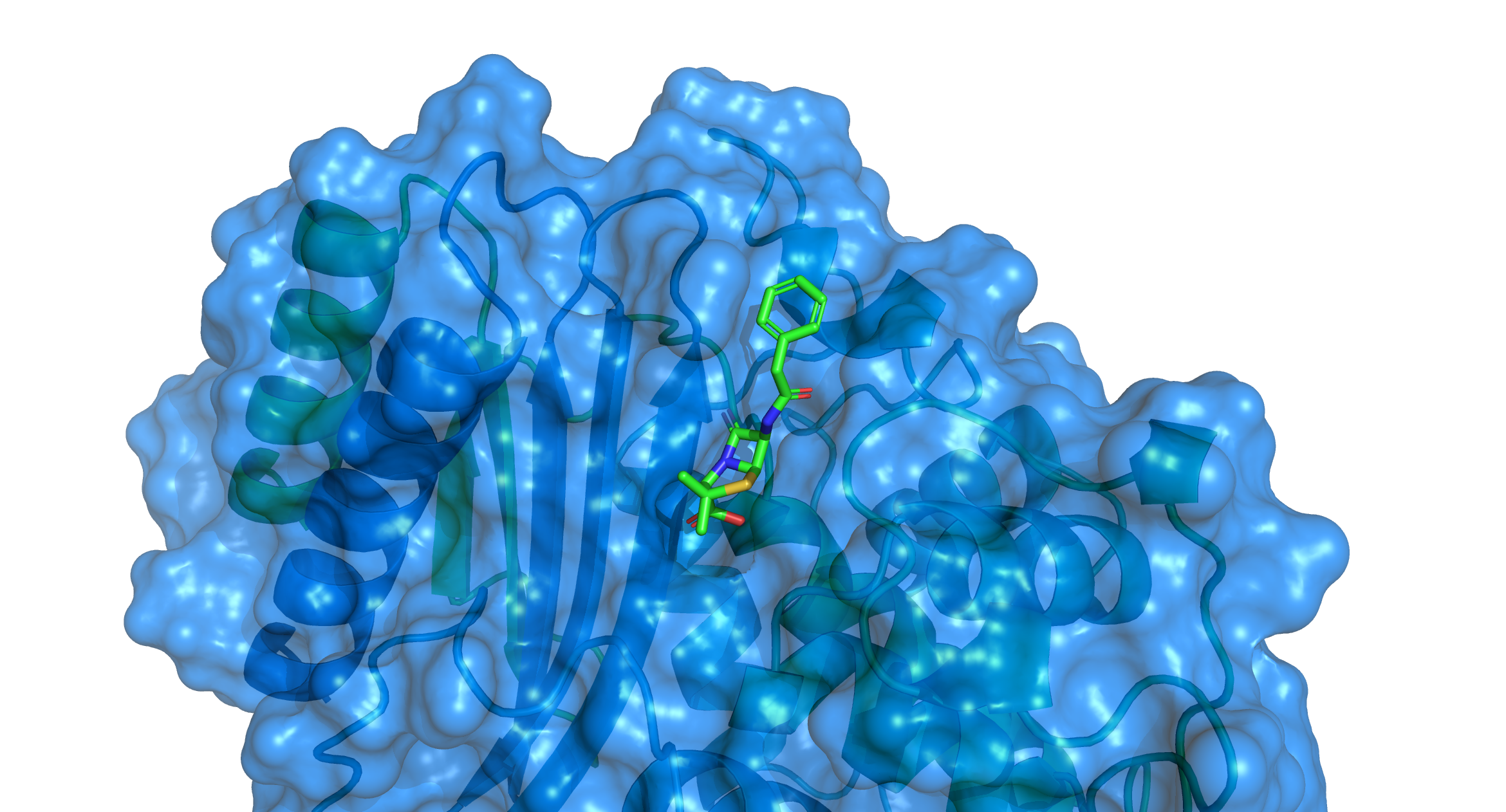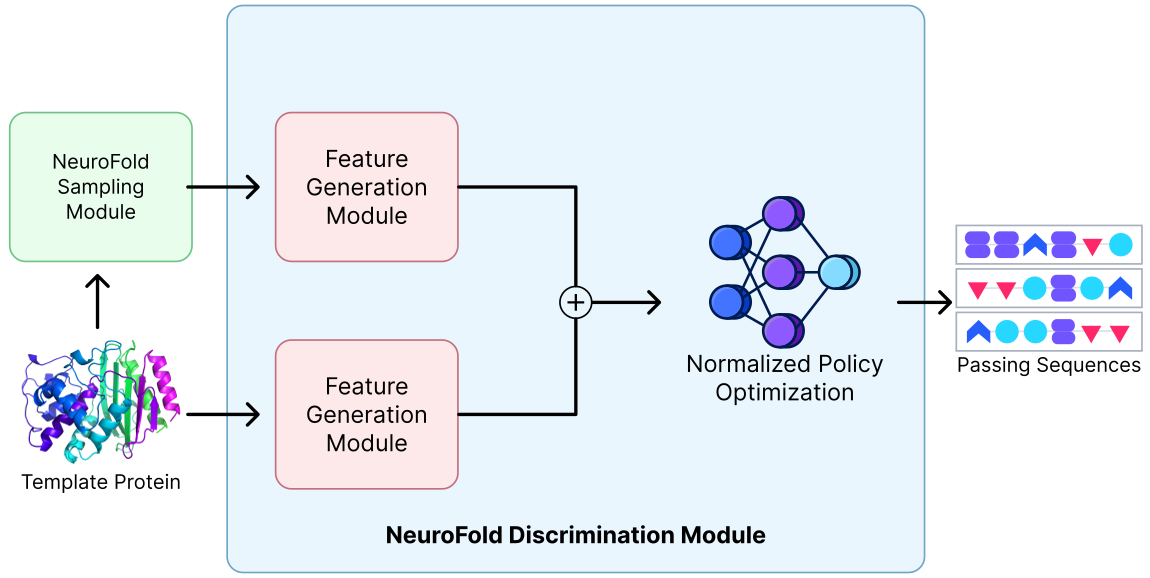
NeuroFold: Pioneering the Future of Enzyme Design with Deep Learning
NeuroFold, Neurosnap's trailblazing solution, combines various data types to unlock a more profound understanding of enzyme functionalities, marking a significant leap forward in enzyme design technology.
In a groundbreaking development, Neurosnap has introduced NeuroFold, a revolutionary deep learning model set to transform the landscape of protein and enzyme design. This innovative approach, detailed in a recent publication, leverages the power of artificial intelligence to navigate the complex world of enzymes, which play a pivotal role in accelerating chemical reactions vital to both science and industry.
The Challenge of Custom Enzyme Creation
Customizing enzymes to enhance their performance under specific conditions or to increase their speed can have wide-reaching applications across various sectors. However, the path to creating these enhanced enzymes is fraught with challenges. Traditional methods, which involve extensive mutation testing, are not only costly but also offer a limited glimpse into the vast universe of possible enzyme variations. To put the enormity of this challenge into perspective, the potential mutations in a medium-sized enzyme surpass the number of atoms in the universe.
The advent of computer-based deep learning models promised a more efficient way to suggest new enzyme designs by predicting their performance. Yet, despite their speed, these models have struggled with accuracy, particularly for larger and more complex enzymes.

Introducing NeuroFold
Enter NeuroFold, Neurosnap's trailblazing solution that combines various data types, including enzyme sequences, evolutionary history, and 3D structures, to unlock a more profound understanding of enzyme functionalities. This multi-modal approach, reminiscent of how AI models like DALL-E process image and text data, enables NeuroFold to design new enzyme variants with desired properties such as increased stability or activity. Early tests have already showcased its ability to outperform existing enzymes, marking a significant leap forward in enzyme design technology.

NeuroFold was rigorously evaluated against a comprehensive test set comprising over 116,000 proteins from 38 different families, showcasing its superior ability to accurately predict the effects of mutations on enzyme stability and activity. When compared with other leading models, including Meta’s ESM-1v, NeuroFold demonstrated unparalleled precision and accuracy, significantly reducing the rate of false positives that lead to unnecessary lab testing, time, and expense.
With an astounding accuracy rate of 70.25%, NeuroFold eclipses the next best model by a substantial margin, dramatically enhancing the reliability of enzyme design. Its compact nature further ensures that it can be run on standard laptops, heralding a new era of accessibility and sustainability in the field.
Implications for the Future
The implications of NeuroFold's success are vast, opening the door to more efficient manufacturing of bioproducts and medications. Its ability to streamline the design process, reducing both the financial burden and the environmental impact, represents a pivotal shift in biotechnological research and development.
Keaun Amani, the founder of Neurosnap and lead author of the NeuroFold study, expresses immense excitement about the future. "For the longest time, enzyme design was a daunting challenge in biotech, often unreliable and requiring significant investment. NeuroFold changes the game, reducing the need for extensive manpower and capital and empowering researchers to achieve more with less."
This innovation not only promises to accelerate the pace of scientific discovery but also democratizes the tools necessary for pioneering high-quality products and medicines. As we stand on the brink of this new era, the potential for what can be achieved with NeuroFold and similar technologies is boundless, signaling a transformative shift in the landscape of biotechnology and beyond.
The NeuroFold model can now be accessed at https://neurosnap.ai/neurofold.

ExO Insight Newsletter
Join the newsletter to receive the latest updates in your inbox.









